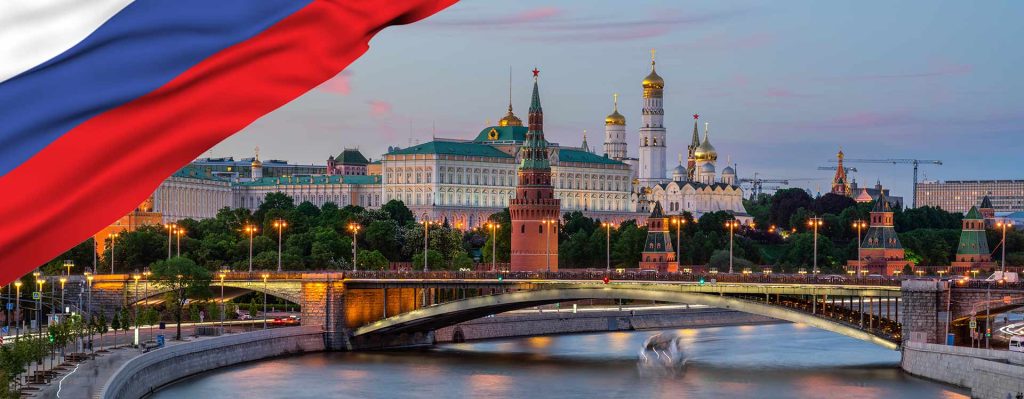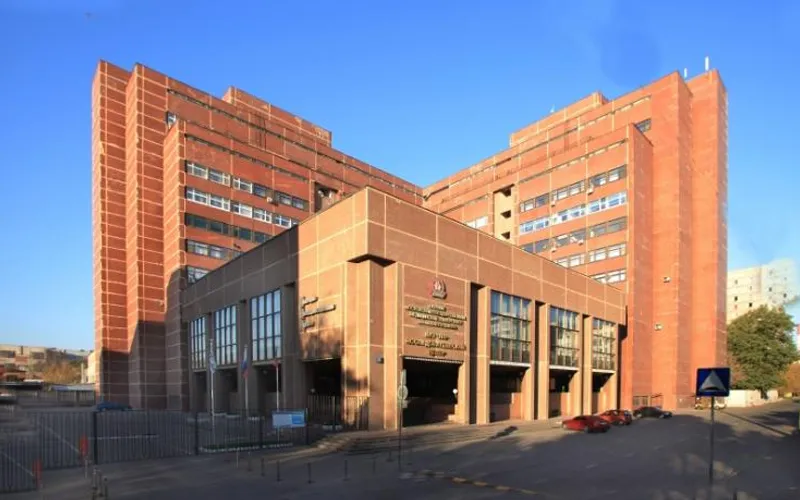

Russia, the largest country in the world, spans 11 time zones across Europe and Asia, with coastlines on the Atlantic, Pacific, and Arctic oceans. Its terrain is diverse, including deserts, frozen coasts and mountains. Much of the country is comprised of vast, treeless plains known as steppes. Siberia, covering three-quarters of Russia, features pine forests known as taigas. The country has around 100,000 rivers, some among the world’s longest, and notable lakes like Ladoga, Onega, and Lake Baikal, holding more water than North America’s Great Lakes combined.
Russia is a diverse nation with over 120 ethnic groups speaking more than hundred languages. Around 80% of Russians trace their roots to the Slavs who settled there 1,500 years ago. Significant groups include Tatars and Ukrainians. Russia is known for its intellectual and artistic contributions, with figures like Leo Tolstoy, Fyodor Dostoevsky, Pyotr Ilyich Tchaikovsky, and Rudolf Nureyev.
The Russia Governed as a federation with 86 regions, Moscow is its centralized hub. The president, elected by the people, heads the state. The economy relies heavily on natural resources like oil, gas, coal, iron ore, gold, and aluminum.
Russia’s climate is characterized by its continental influence, resulting in hot summers and extremely cold winters, where temperatures can plummet to -30°C and even lower, accompanied by heavy snowfall. The country experiences occasional strong easterly winds known as Buran, bringing freezing cold temperatures and snowstorms. Moscow has continental weather with very cold winters and mild to warm summers, sometimes reaching 35°C. Moscow’s climate varies with wind direction; Siberian winds can drop temperatures to -20°C (-4°F), while Atlantic Ocean currents keep them near freezing. Summers (June to August) are mild, like Paris or Berlin, with occasional hot days at 35°C (95°F) and rainy cool days around 15/16°C (59/61°F). Heavyweight winter clothing is crucial across Russia, while waterproof light to medium-weight clothing suffices for summers.
Russian universities offer unparalleled opportunities for international students, with top-notch education and a rich history. The country ranks among the top three globally for literacy rates. Russian medical education is especially renowned for its blend of classical traditions and modern technology, supported by robust scientific foundations and cutting-edge facilities. International students benefit from foundation courses and Russian language programs to ease their transition. Generally, medical education in Russia spans six years with specialized programs.
International students can intern through health organization agreements or commercial arrangements, varying by university and program. Requirements may include exams, testing, or interviews, with internships lasting about a year. Specialized residency programs enhance medical skills, providing practical experience and counting toward official work experience. Research-oriented graduates can pursue PhD programs, requiring exams, a scientific portfolio, and interviews. Russia offers top-notch medical education, with graduates finding global employment opportunities, making it a popular choice for international students.

Russia’s educational landscape shines with a constellation of top-tier universities that have garnered global recognition for their academic prowess, research contributions, and commitment to innovation.
